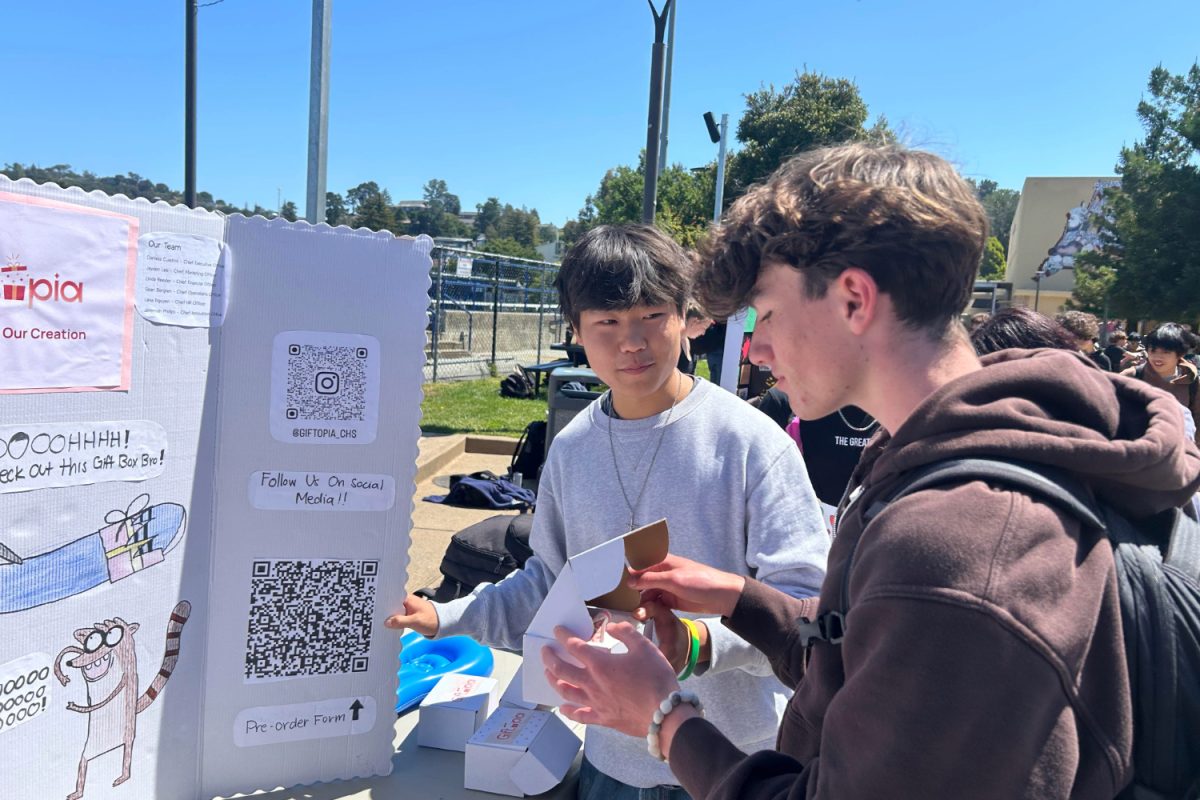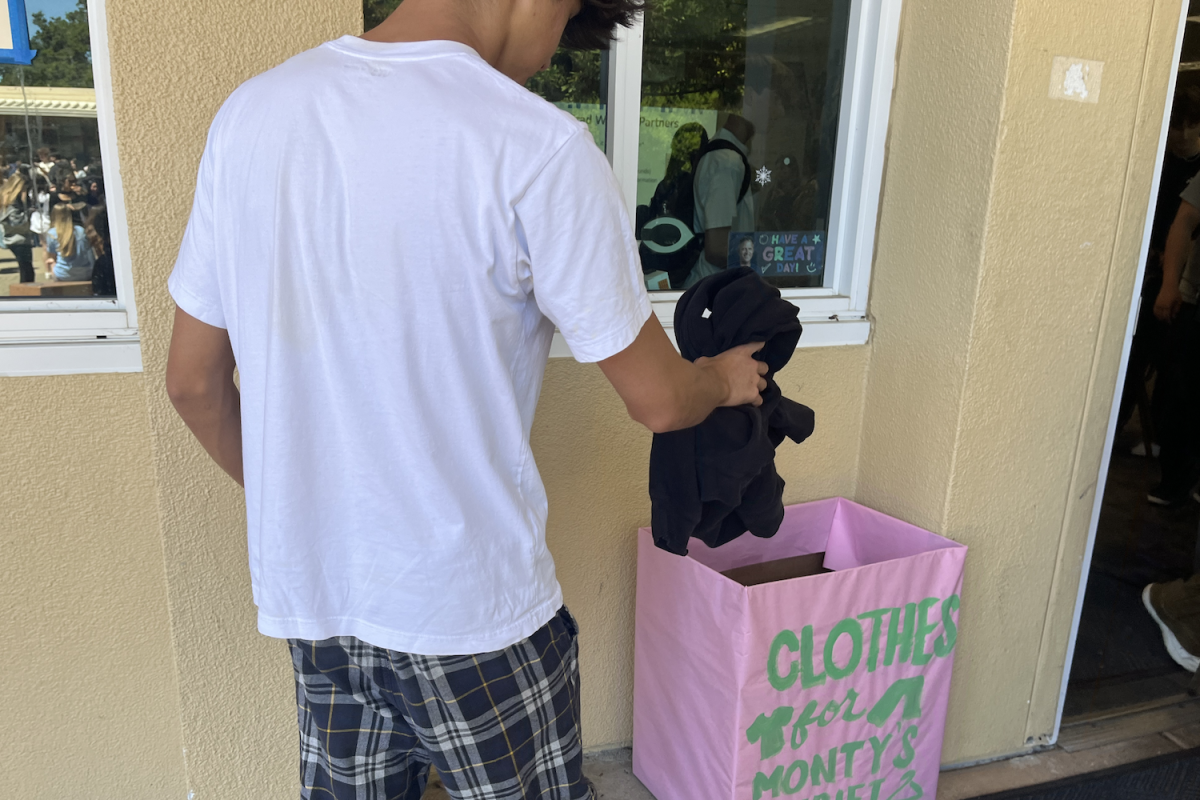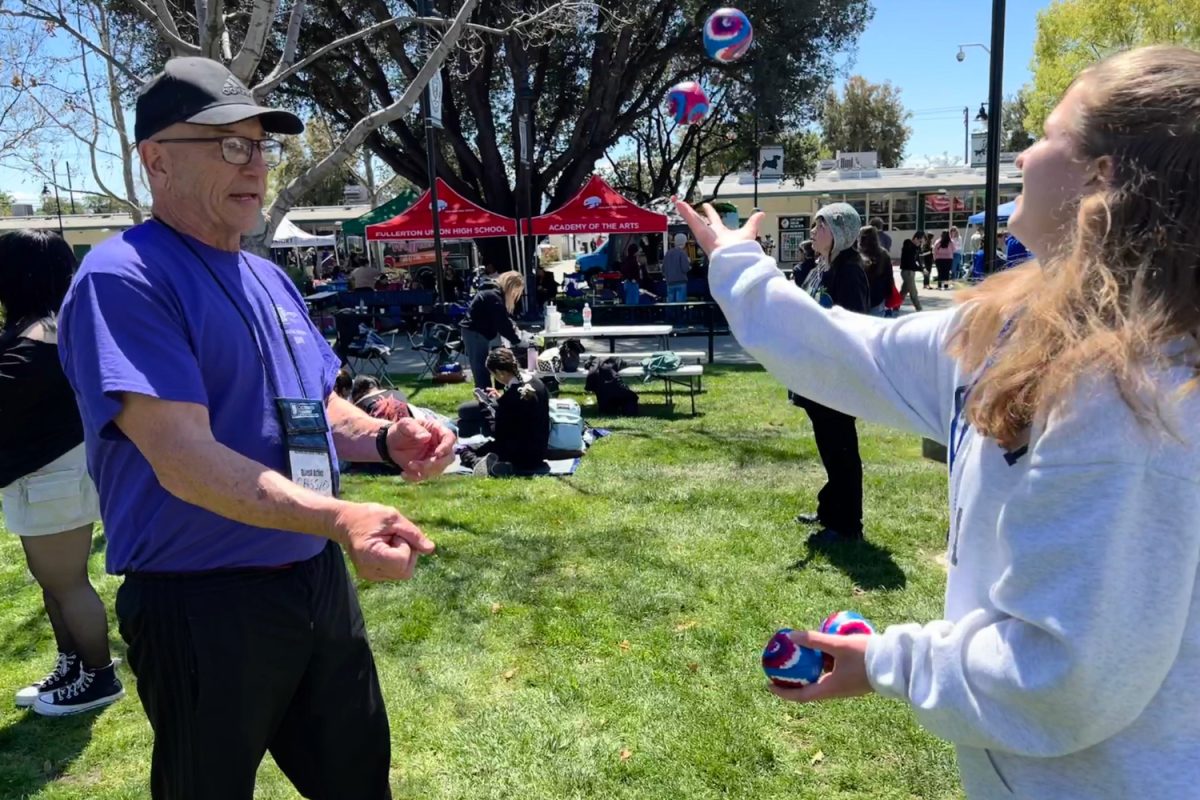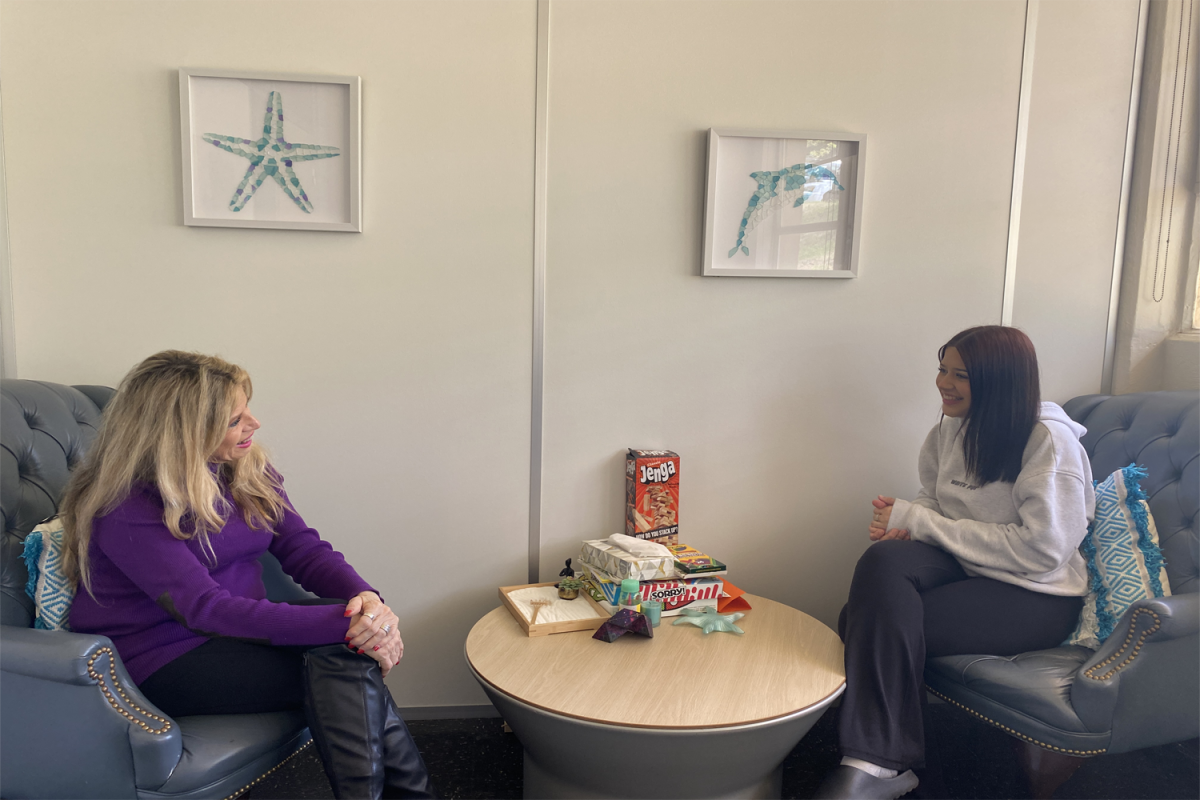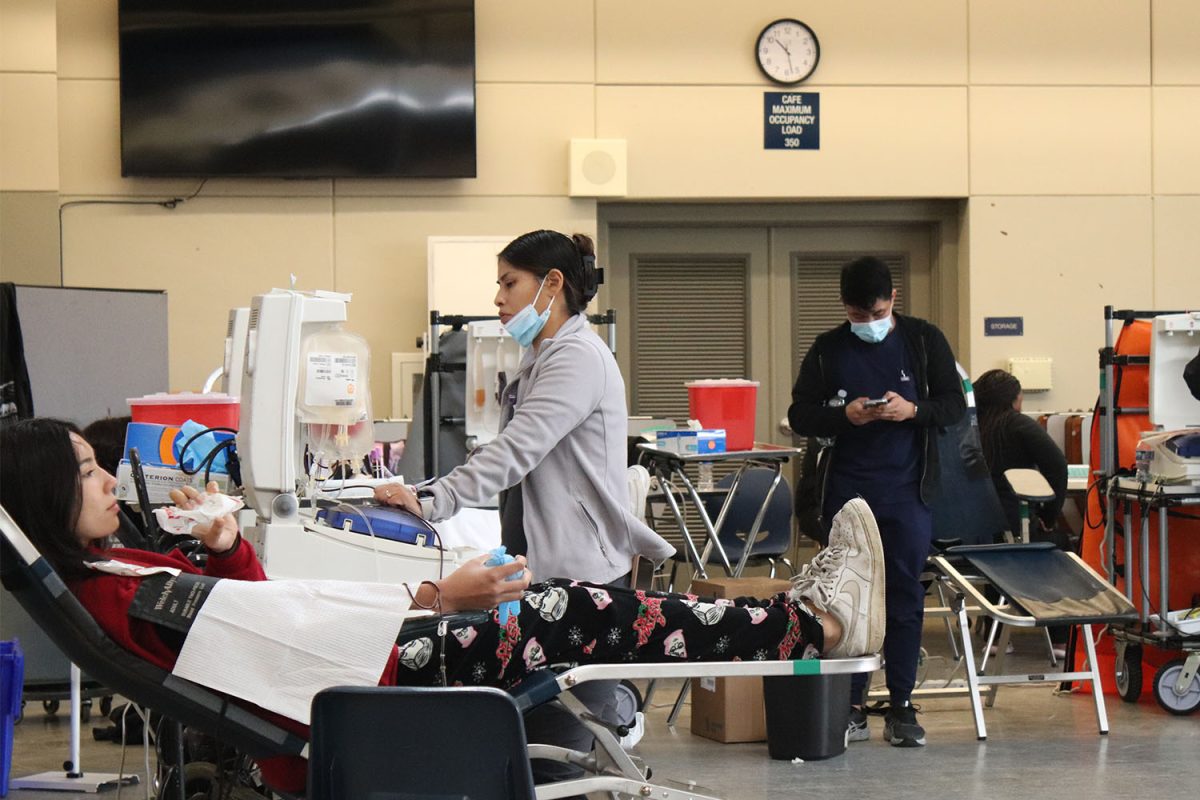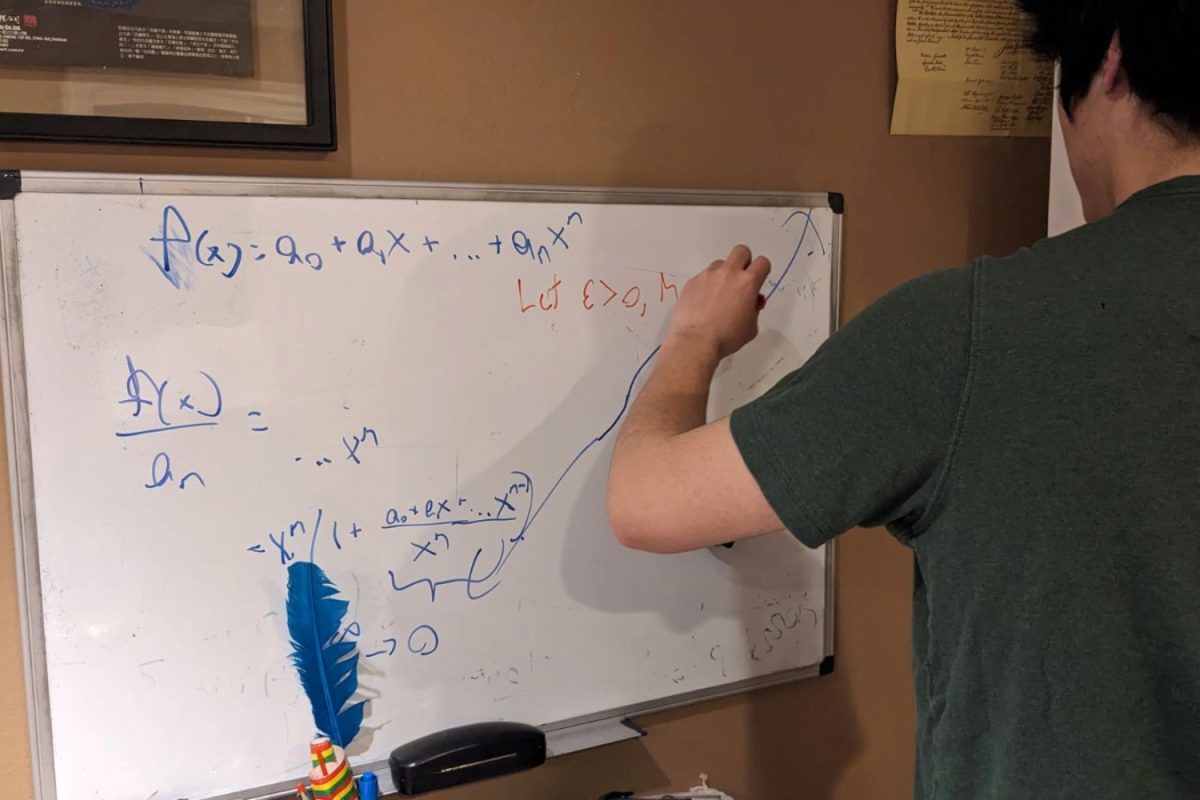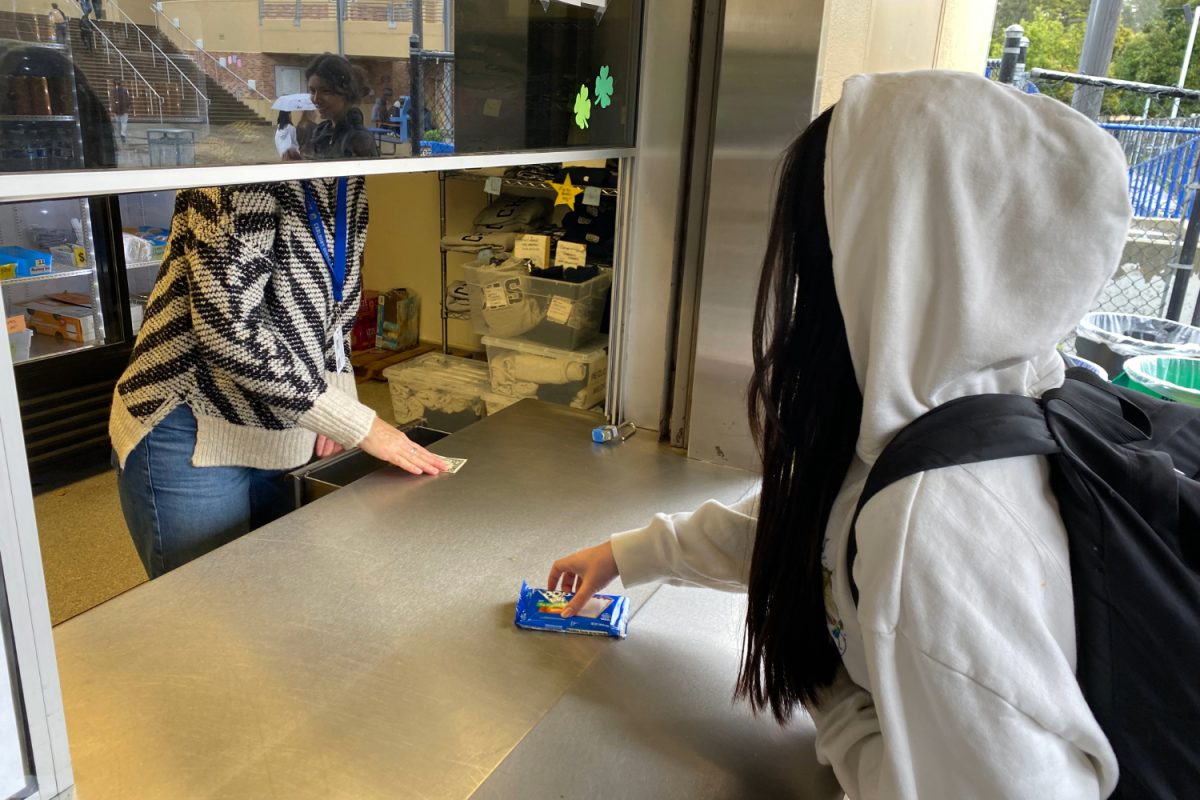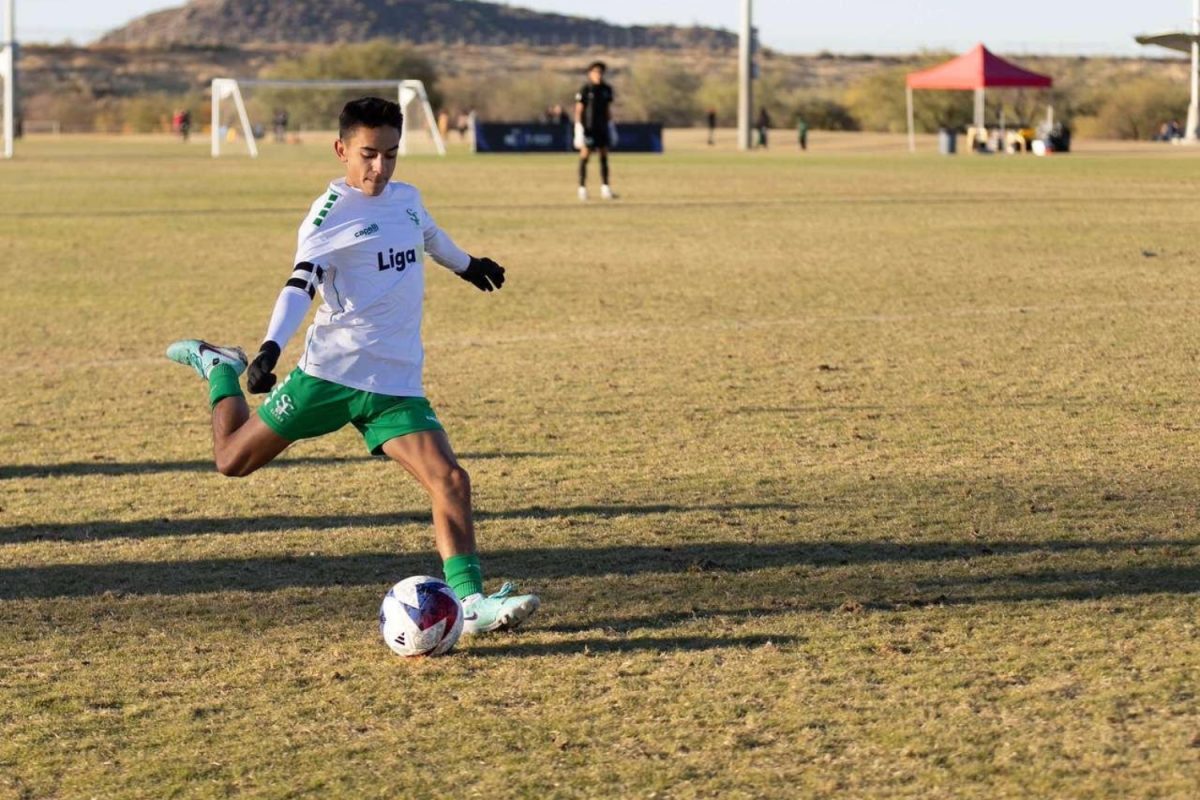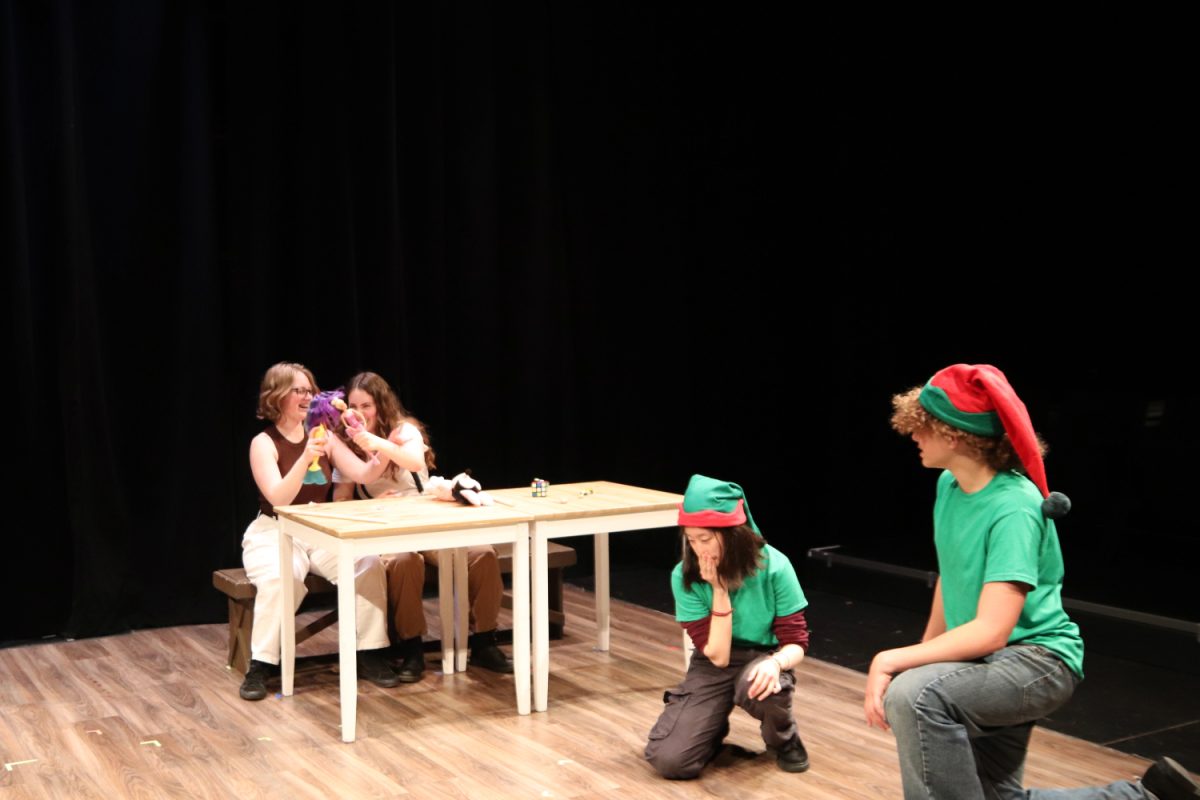
Student burnout from the pandemic is well documented and there is ongoing discussion about how students were and continue to be impacted by the pandemic. However, despite the fact that teachers, counselors, and school administrators suffer from similar impacts of the pandemic, their struggles are oftentimes downplayed.
According to Frontiers in Education, “high demands on teachers can affect teachers’ mental health and lead to job burnout, [which] is a psychological syndrome that involves a prolonged response to stressors in the workplace … the psychological impact of COVID-19 on the general population and teachers, in particular, is very serious.”
Teachers were forced to adjust instantaneously with little resources to do so. Carlmont Chinese teacher, Mindy Chiang, was one of the approximately 100 staff members at Carlmont who had to make this difficult transition.
“I think as a teacher, we had to switch quickly to online learning. It definitely tested teachers’ flexibility, technology knowledge, and you just had to be fearless and be okay with making mistakes,” Chiang said.
Apart from the challenges that came with teaching remotely, teachers were also faced with a lot of challenges when transitioning back to in-person school.
“Coming back, we were trying to be normal, but we aren’t really normal. Emotionally, it’s very draining for everyone, and for teachers, we’re asked [them] to support the students, which we want to do, but at what cost?” Chiang said. “A lot of [the support] comes at the expense of our mental health, so I think a lot of teachers are burned out.”
On top of all of the teaching obstacles, many teachers were also very concerned about contracting COVID-19. Carlmont instructional vice principal, Gay Buckland-Murray, works closely with teachers and was very aware of their circumstances.
“Teachers have been under similar stressors as their students: fear of getting sick, or of spreading sickness to others. This lays a heavy weight on their conscience at all times. This weight, as well as the concerns they have for the increased number of students who are struggling, as well as the simple uncertainty of the times, has made the teaching job much more difficult,” Buckland-Murray said.
Teachers are encouraged to accommodate students who may have ongoing challenges related to the pandemic. However, teachers may not feel appropriately resourced to do so.
“I have seen more extreme cases of students struggling this year, so we’re really trying to be flexible, but when more is demanded of the teacher without really giving the teacher more time, it drains everybody,” Chiang said.
Teachers also have to compensate for learning loss from last school year.
“A lasting effect of the pandemic will come in the form of an achievement gap because most schools across the nation struggled with learning online,” said Carlmont counselor Connie Dominguez.
The additional strain of the pandemic has taxed teachers as they try to manage academic expectations as well as social support for students, leaving little time to address their own needs.
“I know it’s normal to look forward to the end of the semester, but I’ve never in 18 years of teaching, started counting down the days until this year,” Chiang said. “I’ve never done that ever because I always really enjoy working and I still do, but it’s just very stressful.”
I know it’s normal to look forward to the end of the semester, but I’ve never in 18 years of teaching, started counting down the days until this year. I’ve never done that ever because I always really enjoy working and I still do, but it’s just very stressful.
— Mindy Chiang
Even teachers who recognize their own need for support may not feel able to access it.
“I think the district wants to make sure that teachers are well, but I don’t think they necessarily know how to. Similarly to how if a student is struggling and then we say, ‘Oh, here’s the resources now go do it.’ That doesn’t work. It’s the same thing for adults. It doesn’t matter if the resources are out there because we’re logical enough to know that but we don’t have the energy or the time to use them,” Chiang said.
There have been efforts made to support school staff during this difficult time.
“Teachers this year were provided with more time – every Wednesday, and a variety of other half days or other staff time, to work on curriculum or on the myriad extra tasks teachers have. Mental health professional development was offered twice,” Buckland-Murray said.
It’s not just teachers that have struggled because of the pandemic, counselors and administrators alike have all had to deal with the many challenges the pandemic brought on.
“The pandemic overwhelmed us counselors because we were bombarded with students and parents reaching out to us for mental health support and as you know there was and still is a shortage of outside therapists to help students deal with anxiety caused by the pandemic,” Dominguez said.
Despite the struggles the pandemic has created, it has allowed for growth in the utilization of technology and a greater emphasis on mental health.
“On the positive, for many of us, the pandemic has made us more aware of mental health needs,” Buckland-Murray said. “It has opened up some new creative avenues for how to use tech, or how to create alternate assignments to how things used to be done.”
Ultimately, it will take years for the impacts of the pandemic to fully play out, and in the mean time, it is important to be mindful of the struggles that students and staff are contending with.
“Students need support, teachers do too,” Chiang said.

